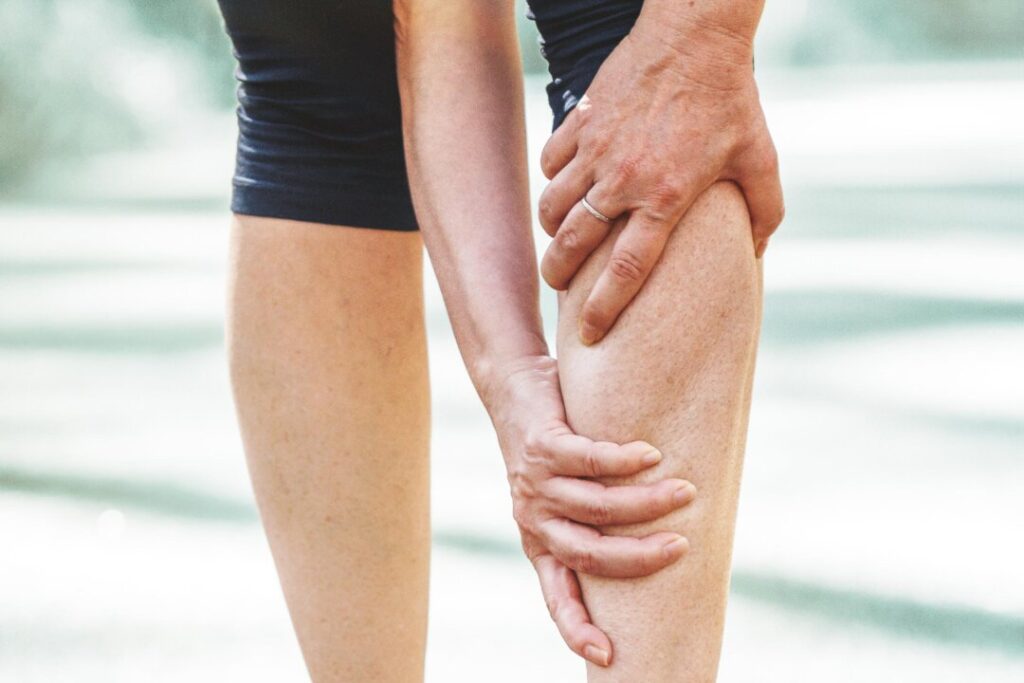
Muscle cramps, often described as sudden and painful contractions, can disrupt sleep and cause significant discomfort. These involuntary spasms, commonly referred to as “charley horses,” can last from a few seconds to several minutes. While conventional medicine attributes cramps to electrolyte imbalances, particularly during hot weather, traditional Chinese medicine (TCM) offers a more holistic interpretation, viewing cramps as manifestations of depleted energy and nourishment.
Understanding the Causes of Muscle Cramps
Cramps frequently occur during periods of prolonged sweating, particularly in summer. This process leads to the loss of vital fluids and electrolytes such as sodium, potassium, and magnesium. These minerals play crucial roles in nerve signal transmission and muscle contraction. When electrolyte levels drop, calcium regulation within muscle cells is disrupted, resulting in the painful contractions known as cramps.
According to research published by the National Institutes of Health, muscle cramps are prevalent in various populations, particularly among athletes and older adults. The study emphasizes the importance of maintaining a balanced intake of fluids and electrolytes to mitigate the risk of cramps.
Holistic Approaches to Relief
TCM suggests that muscle cramps can be alleviated through a combination of hydration, targeted acupressure techniques, and herbal remedies. Acupressure involves applying pressure to specific points on the body to restore balance and promote recovery. Practitioners often recommend targeting points associated with muscle relaxation and fluid balance.
In addition to acupressure, herbal teas can play a significant role in recovery. Ingredients such as ginger, chamomile, and peppermint are known for their anti-inflammatory and muscle-relaxing properties. A soothing cup of herbal tea not only provides hydration but also supports muscle recovery by delivering essential nutrients and antioxidants.
Hydration is key in preventing muscle cramps. Drinking water is essential, but incorporating electrolyte-rich beverages can further support muscle function. Options such as coconut water and sports drinks provide essential minerals that help replenish lost electrolytes.
By integrating these TCM principles with contemporary understanding, individuals may find effective strategies for managing and preventing muscle cramps. Implementing regular hydration, understanding electrolyte needs, and utilizing acupressure can lead to improved muscle function and comfort.
In conclusion, the combination of traditional knowledge and modern practices offers a comprehensive approach to combating the discomfort of muscle cramps. By recognizing the importance of hydration, the benefits of acupressure, and the healing properties of herbal remedies, individuals can take proactive steps toward better muscle health and overall well-being.






